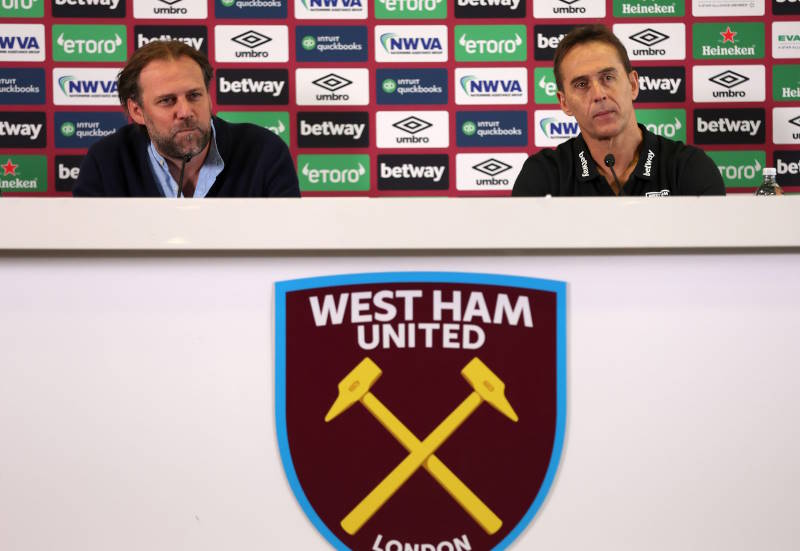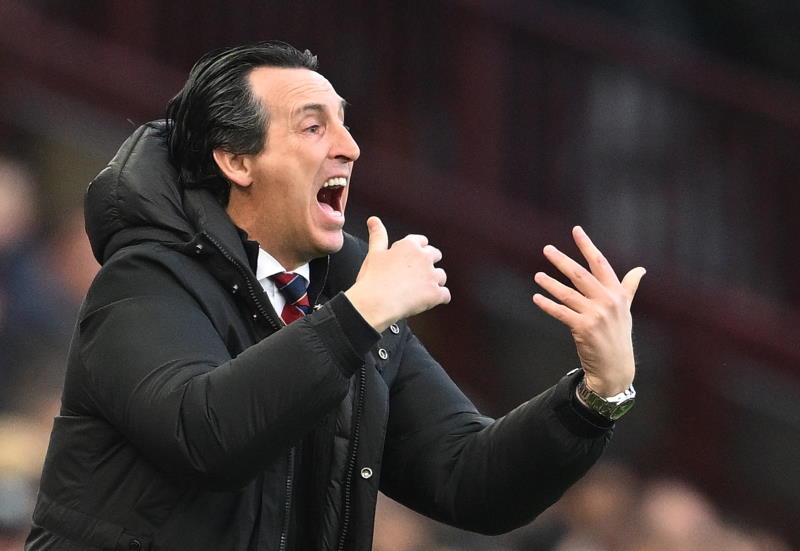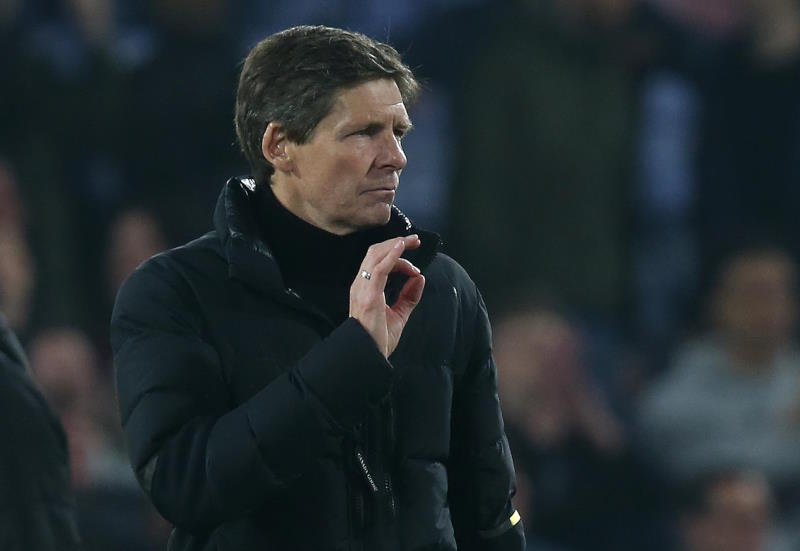Ozzy Neav
In a quaint little town called Small Hamlet, there lived two friends. They were just your average run of the mill folk, with normal jobs and a deeply rooted fanaticism for football. These two friends, let’s call them Joseph and Diego, were big fans of FC Small Hamlet United. Hamlet United were a relatively big club in their domestic league and Joseph and Diego were able to enjoy witnessing their team win a few domestic cups and even a league championship.
While the two friends were rather appreciative of their club’s success, there was something missing. Diego and Joseph experienced emptiness, a desire for more if you will, which could only be satisfied if their club was able to grace the stage of the grandest show of them all, the Champions League. But FC Small Hamlet United never had a realistic chance of gaining success in the Champions League and the two football fans knew it. Accepting their fate with grace, Joseph and Diego still supported Small Hamlet, but also developed an appreciation for clubs who were frequent participants in
After a while, their interest in those two clubs began to wane. They started to lose interest because, after all, those weren’t really their teams. Sourly accepting their clubs fate of never making it to the Champions League, their attention drifted back to their own domestic football. It was not fantastic football by any stretch however, and Joseph and Diego began noticing other sports and hobbies that were available in abundance. Joseph started watching Basketball, which was always on television and Diego started to play Poker, a hobby that was just as easily accessible as football. The two never watched Champions League football again, but what was worse was that they stopped supporting FC Small Hamlet United; a club with a minimal fan base that could ill afford to lose any supporters.
First established in 1955 by UEFA, the Champions League was originally intended to provide a showpiece where the champions of European football’s domestic leagues could battle it out to find the finest side on the continent. In 1992, with the dawning of the big money television age, the traditional essence of the Champions League began to change. UEFA and the powerhouses of European football began to treat the beautiful game as a business. The runners-up of the more powerful leagues were invited to join the grand tournament and less emphasis was put on aiding the development of smaller leagues. In fact, UEFA created an abomination known as the coefficient ranking system. The coefficient system basically dictates which league champions and runners up have to qualify and which are ushered in without stepping on a single blade of grass to take part in the qualifying process.
UEFA has promised to address the issue with a declaration that starting from the 2009 season, there will be an increase in the amount of participants, as well as a revamped qualifying system that will offer a faint glimmer of hope to clubs that have only been able to dream of Champions League football in the past. Parallel to most of UEFA’s Stalin like practices, the new system is tremendously bogged down with unnecessary bureaucracy that will inevitably allow UEFA to interpret and manipulate European football at will.
Jonathon Swift a famous essayist said, “A wise man should have money in his head and not in his heart.” For over a decade now, UEFA has been thinking predominantly with their head. The Champions League has turned into a gargantuan money making machine, that has made UEFA and a select few European clubs monstrously rich. For example, the top three money makers for the 2003/04 Champions League season were
The rich get richer mentality is probably prudent in a western capitalist environment, but it undermines not only the very fabric of football, but also its not so secret formula for developing into the most popular sport in the world. The only significant advantage football holds over other popular sports, is the low financial commitment required for participation. All you really need is a ball and a desire to play the beautiful game. Compared to its American cousin, European football is free to play and is available to individuals from all walks of life. In contrast, American Football is extremely expensive and is often an economic hardship with participation being a source of great anxiety for parents and educational institutions alike.
UEFA, instead of investing the majority of its earnings in nations who are under developed football wise, foolishly squanders the money by offering it as an incentive to clubs who don’t really need it. Last time this writer checked, football was still supposed to be the game of the masses.
Finance is the central reason for UEFA’s snobbery towards smaller, poorer nations. Though it should be applauded for its desire to field the best and most exiting product possible, UEFA’s tyranny and biased behavior should be a cause of major concern for those with any football sense. Not because there exists a professional sports body in
While this article has mainly dealt with UEFA’s attitude towards smaller clubs, it shouldn’t be overlooked that this behaviour has largely been influenced by big European sides that wish to secure their long term financial, social and professional dominance over all of
The top dozen or so teams are the real powers behind the UEFA throne, with the UEFA governing body constantly forced to appease these juggernauts. Weather you deem UEFA’s policies to be influenced by outside parties or not, there is no denying the fact that if these twelve clubs decided to declare their independence and form a new Super League, the Champions League would collapse overnight. This string pulling and almost back room bribery has led to the uneven and some would dare say unfair treatment of smaller nations and clubs. Security is perhaps the most glaring example of this biased and subjective treatment.
Throughout recent history there have been numerous occasions when the Israeli national team has been forced to play its fixtures abroad due to security concerns. Other teams refused to travel to the turmoil infested land and UEFA was bullied into forcing
plagued
Not convinced yet? Maccabi Tel Aviv in Basketball is ranked in the top ten European clubs. They enjoy the largest fan base and their generated advertising revenue is second to none in
While it is safe to argue that the Man Us and AC Milans of
The powers that be of football have grown lax during their years of gluttony and lavishness. While football is the number one sport in the world, other major sports are slowly closing the gap. Football is not the number one sport in any of the world largest nations with the exception of













